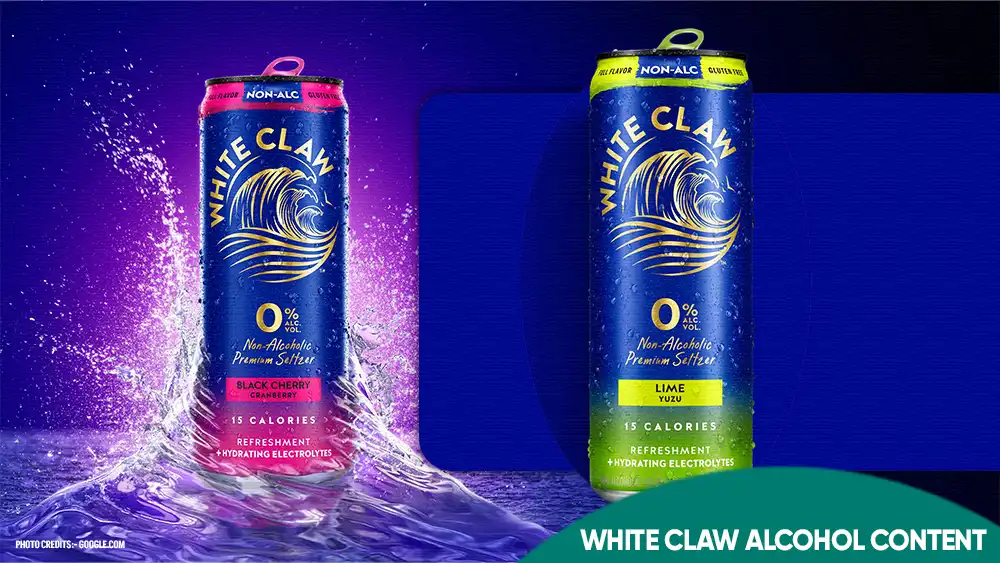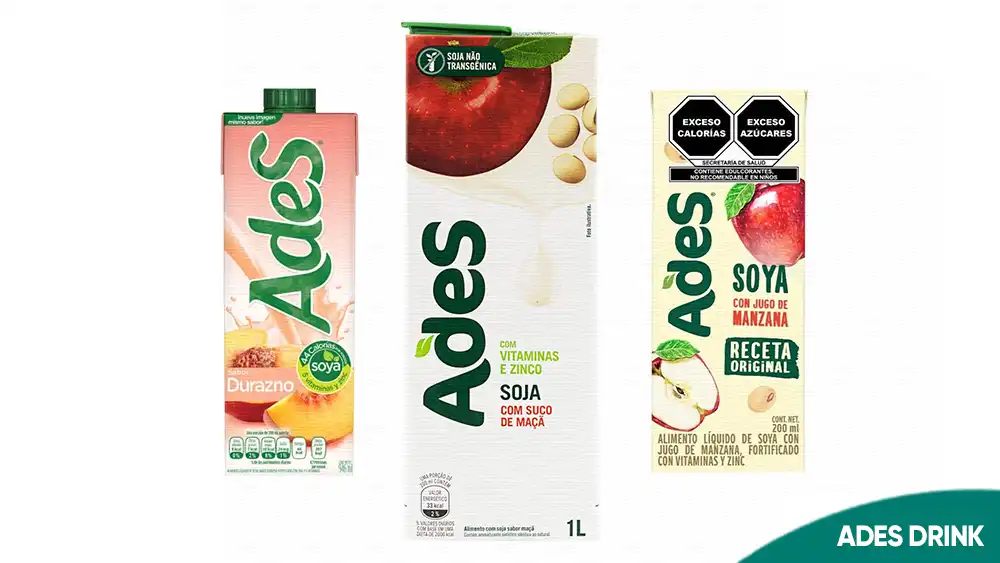
HEALTH BLOG
Which Is The Most Nutrient-Dense Beverage Choice? And Affecting Factors
-
 Rahul Priydarss
Rahul Priydarss - February 10, 2024
T
he ultimate guide to selecting the most beneficial nutrient-dense beverage for your health needs. Learn about the importance of nutrient density, compare various options, and uncover key factors influencing your choice.
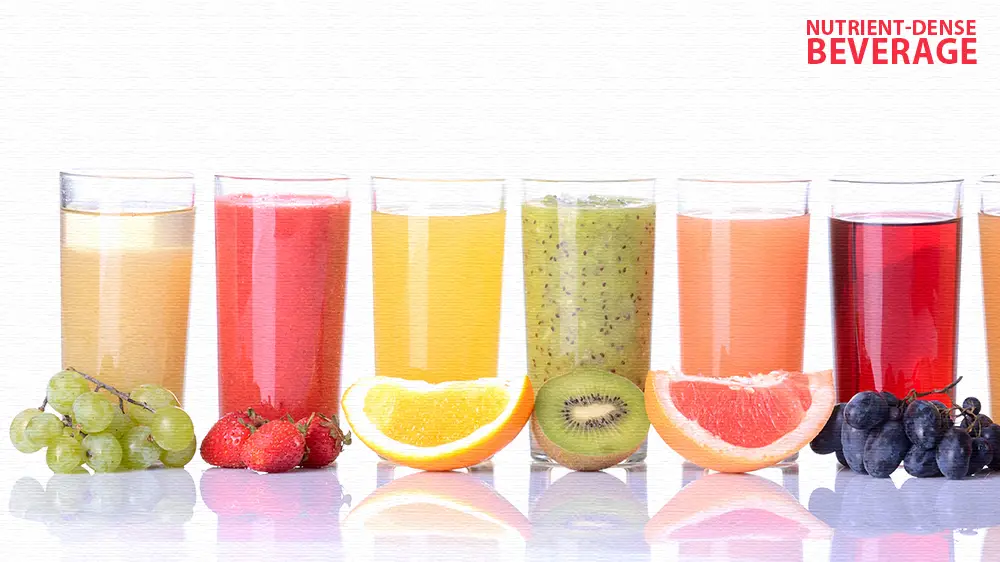
Table of Contents
Introduction:
In a world full of beverage options, choosing the most nutrient-rich beverage can be a daunting task. With claims and advertisements coming at us from all directions, it is important to understand what makes a drink nutrient-rich and how it contributes to our overall health and well-being.
Understanding Nutrient Density:
What is Nutrient Density?:
Nutrient density refers to the concentration of essential vitamins, minerals, and other beneficial nutrients per calorie in a given food or drink. Essentially, it measures the amount of nutrients you get from consuming a specific portion of a food or drink relative to the calorie content.
Importance of Nutrient Dense Beverage:
When it comes to beverages, choosing beverages with high nutrient density ensures that you are not just consuming empty calories, but are also providing your body with essential nutrients that will help it function better. are necessary to function.
Various Nutrient-Dense Beverage Comparison:
Let’s delve into the nutrient density of some commonly consumed beverages:
Water: Water, although devoid of calories and nutrients, is essential for hydration and supports many bodily functions.
Milk: Milk, especially whole milk, is rich in calcium, protein, and vitamins D and B12, making it a nutrient-rich choice for bone health and overall nutrition.
Fruit Juices: Fruit juices may provide some vitamins and antioxidants, but they are often high in sugar and lack the fiber in whole fruits, reducing their overall nutrient density.
Vegetable Juices: Similarly, vegetable juices contain vitamins and minerals but may lack the fiber present in whole vegetables, affecting their nutrient density.
Tea and Coffee: Unsweetened tea and coffee contain antioxidants and may provide health benefits, but adding sugar or cream may reduce their nutrient density.
Sports Drinks: Sports drinks can replace electrolytes lost during intense physical activity but are often high in added sugars, compromising their nutrient density.
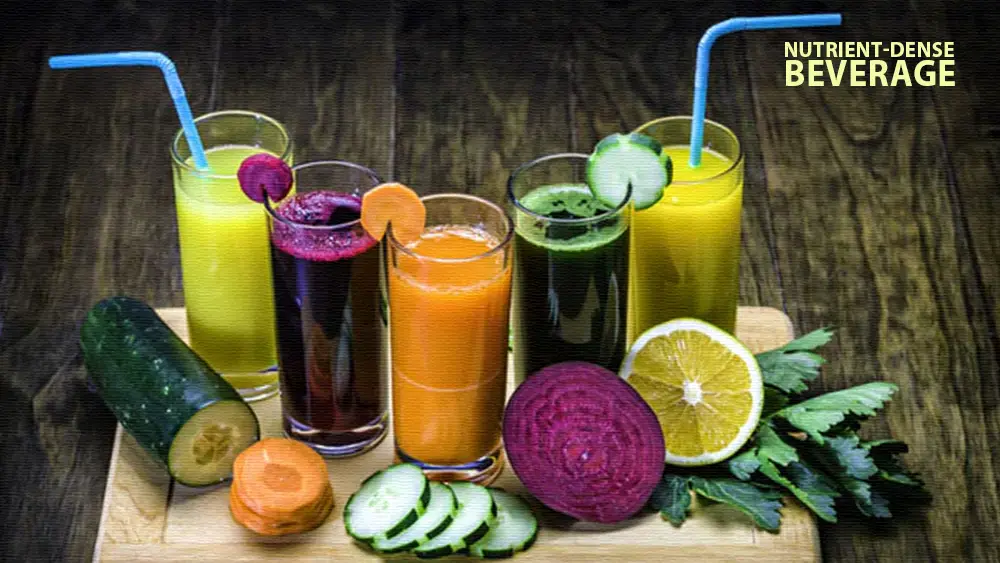
Affecting Factors Nutrient-Dense Beverage:
Processing Methods: The processing methods used in producing beverages can significantly affect their nutrient density. Minimal processing, such as cold-pressing for juice, preserves more nutrients than high-heat pasteurization.
Added Sugars and Additives: Beverages containing added sugars, artificial sweeteners, and preservatives are low in nutrients and can also have adverse health effects.
Health Benefits of Nutrient-Dense Beverages: Consuming nutrient-rich beverages provides various health benefits:
Hydration: Proper hydration is essential for overall health, and choosing hydrating, nutrient-rich beverages like water and milk helps maintain optimal hydration levels.
Nutrient Absorption: Nutrient-rich beverages provide essential vitamins and minerals that aid in the absorption and use of nutrients by the body.
Weight Management: Choosing nutrient-rich beverages can aid in weight management by reducing calorie intake while providing essential nutrients.
Disease Prevention: A diet rich in whole foods along with nutrient-rich beverages may help prevent chronic diseases such as obesity, diabetes, and heart disease.
Making Informed Choices: To make informed choices about beverage consumption:
Reading Labels: Pay attention to the ingredient list and nutrition information on beverage labels to identify nutrient-rich options and avoid excess sugar and artificial additives.
Opting for Whole Foods: Include whole foods like fruits, vegetables, and nuts in beverages whenever possible to increase nutrient density and overall health benefits.
Moderation: While nutrient-rich beverages offer many health benefits, moderation is key. Avoid excessive consumption of even the healthiest beverages to maintain a balanced diet.
Frequently Asked Questions (FAQs):
A1: A nutrient-dense beverage contains a high concentration of essential vitamins, minerals, and other beneficial nutrients per calorie. but Water is the best choice for quenching your thirst.
A2: Milk is a nutrient-dense and economical source of many essential nutrients such as protein; Calcium; phosphorus; and vitamins A, D, B12, B2 (riboflavin), B3 (niacin), and B5 (pantothenic acid).
A3: While fruit juices provide some vitamins and antioxidants, they’re often high in sugar and lack the fiber in whole fruits, Drink water, tea, or coffee (with little or no sugar).
A4: While generally beneficial, some nutrient-dense beverages may still contain added sugars or other additives that can detract from their overall healthfulness.
A4: Focus on whole foods and beverages with minimal processing, such as water, milk, herbal teas, and homemade juices, while avoiding sugary drinks and excessive additives.
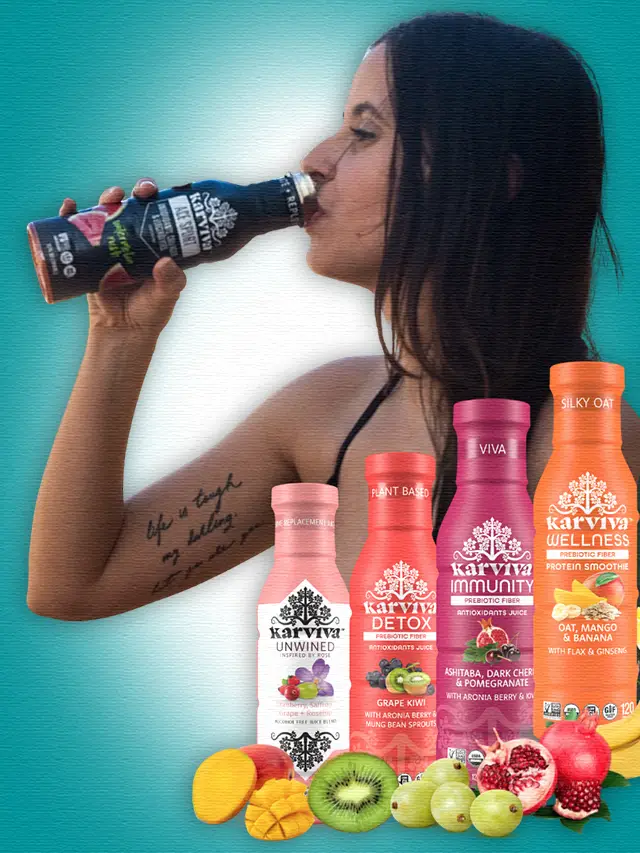
-Please remember, always consult with healthcare professionals or Doctors for personalised advice related to medical conditions.
Conclusion:
In the search for the most nutrient-rich beverage, water stands out as the clear winner, providing essential hydration without any extra calories or additives. However, incorporating other nutrient-rich options such as milk, herbal teas, and homemade vegetable juices can also contribute to overall health and well-being when consumed as part of a moderate and balanced diet.




